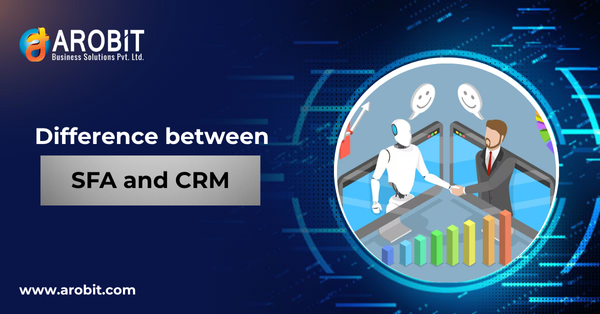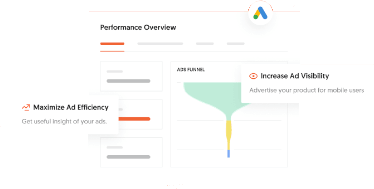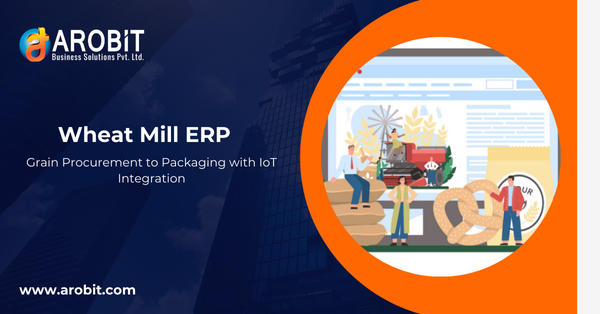Choosing the right customer management technology is critical to driving sales performance and customer satisfaction. For small and medium-sized businesses, selecting between Sales Force Automation (SFA) and Customer Relationship Management (CRM) systems can directly influence operational efficiency and long-term growth. It can increase sales productivity by 30%.
Most organizations typically have to choose SFA and CRM solutions for efficient customer management systems. Knowing what sets these two apart might help you choose the one that best fits your business needs.
What is Sales Force Automation (SFA)?
Sales Force Automation (SFA) helps in automating sales tasks right from finding leads to closing deals. The primary objective of the SFA is to make salespeople more productive while cutting down on the number of manual chores they have to do. This enables sales teams to focus on core selling activities by reducing repetitive manual work.
SFA systems have important capabilities including keeping track of leads and prospects, keeping an eye on the sales pipeline, and organizing contacts and accounts. They also help with planning tasks and making appointments, and have strong reporting and forecasting tools. SFA helps salespeople spend more time talking to potential customers and completing deals by automating boring processes like data input and follow-up emails.
When used correctly, an SFA system may give you useful reports on sales performance, send reminders for follow-ups, and automatically assign leads to the relevant sales executives. This not only saves time, but it also makes the sales process more efficient.
What is Customer Relationship Management (CRM)?
Managing a company's contacts with present and potential clients throughout their lifespan is the primary goal of Customer Relationship Management (CRM). This software lets organizations give customers personalized experiences and makes them loyal for a long run by bringing their insights in one place.
CRM platforms offer a unified customer database, behavior tracking, and intelligent segmentation tools that help deliver personalized marketing and service. With the help of CRM solutions, it becomes easier to manage campaigns by automating marketing tasks and letting customers create support tickets. They also have reporting and analytics tools that show how customers behave and how happy they are.
A CRM software ensures that all departments have access to the most recent information about clients. This makes it easy for everyone to work together and help you provide a good experience to your customers right from the first impression to after the sale.
SFA vs. CRM: Key Differences
A lot of the time, people get confused between SFA and CRM because they have similar functionality. While both systems support contact management and task automation, SFA focuses on sales execution, whereas CRM emphasizes relationship nurturing and lifecycle engagement.
The SFA goal is to improve sales productivity and streamline sales procedures. It helps sales teams track leads, manage their pipeline, and automate processes that are specialized to sales. CRM, on the other hand, is all about building relationships with customers, keeping them, and making sure they are happy.
In short, the significant differences are in their focus, users, basic functions, and overall goals. Sales teams mostly use SFA to manage leads and opportunities, while sales, marketing, and customer support teams use CRM to improve relationships with customers and keep them coming back.
Why the Confusion? Overlapping Features
The confusion between SFA and CRM is often because many modern CRM solutions incorporate SFA modules. While both systems handle tasks like contact management and analytics, they do so with different objectives.
Some platforms, such as BeatRoute, combine both functionalities, offering businesses a unified solution for managing the entire customer lifecycle. This integration can provide greater flexibility and efficiency. Below we highlight the features that can help you clarify the differences.
Contact and Pipeline Management
Both SFA and CRM systems excel in managing contacts and pipelines but approach it differently. SFA emphasizes managing leads and opportunities, allowing sales teams to track sales progress and optimize their sales funnel. It ensures that each lead is nurtured adequately before closing the deal.
On the other hand, CRM centralizes all customer data, tracking every interaction and providing a comprehensive view of customer relationships. This holistic approach supports long-term engagement strategies and helps understand customer needs over time.
Task Automation
When it comes to task automation, SFA focuses specifically on sales-related tasks. It automates scheduling, follow-ups, and quote generation, which significantly reduces the manual workload for sales teams. This allows them to concentrate on what they do best: selling.
Comparatively, CRM automates broader business processes that extend beyond sales. It includes marketing campaigns and customer support workflows, streamlining operations across various departments and enhancing overall efficiency.
Analytics and Reporting
SFA provides insights primarily into sales performance, team productivity, and pipeline health. It helps sales managers gauge how well their team is performing and where improvements can be made.
CRM, however, offers a more customer-centric approach to analytics. It focuses on customer behaviors, satisfaction, and retention rates, providing valuable insights that can inform marketing strategies and improve customer support.
Advantages of SFA vs. CRM
Advantages of SFA
Using SFA can significantly boost sales efficiency, with reports indicating improvements of up to 30%. It reduces administrative duties for the sales team, enhances internal communication, and identifies opportunities for upselling and cross-selling. By streamlining tedious tasks, SFA enhances data accuracy, which in turn facilitates better decision-making and improves customer satisfaction through personalized service.
Advantages of CRM
CRM systems centralize all client information, making it easily accessible to various departments. This enhances collaboration and enables personalized client interactions. By simplifying processes, CRM boosts productivity and allows for data-driven decisions. Ultimately, it plays a crucial role in improving client loyalty and retention, while also refining sales and marketing strategies.
Use Cases: When to Choose SFA or CRM
SFA is especially helpful for companies who want to get new clients and close sales quickly. It's great for companies with large or spread-out sales teams that need to automate their processes. SFA is especially helpful for businesses who want to improve their sales funnel management and forecasting.
CRM, on the other hand, is very important for firms that want to keep customers happy and keep them coming back. It works well for businesses who have to deal with complicated consumer interactions at many different points of contact. A strong CRM system will also help businesses get their sales, marketing, and customer care teams on the same page.
Why Hire Arobit For Custom CRM Development?
While many CRM solutions already include SFA features, some businesses may have unique workflows or industry-specific needs that require custom CRM development. This is where Arobit can help you with a tailored CRM system that allows organizations with:
- Build customized dashboards and reports that align with specific business goals.
- Integrate seamlessly with existing business tools and processes.
- Automate industry-specific tasks that enhance operational efficiency.
- Scale the system as the business grows and evolves.
Choosing between standard CRM software and custom CRM development depends on your business complexity, budget, and long-term objectives.
SFA vs. CRM: Which Should You Choose?
When choosing between SFA and CRM, you should think about what your main business goals are. SFA is the best choice if your main goal is to make sales operations more efficient and improve the productivity of your sales staff. But if you want to create long-term relationships with your customers and keep them coming back, you need to invest in a CRM system.
Many businesses that are growing should think about getting a CRM with strong SFA features or paying for custom CRM development to get the most flexibility. This combination strategy can help sales and make customers happier.
Final Takeaway
Combining CRM and SFA functionalities allows businesses to streamline sales processes while enhancing customer engagement. For SMBs and startups aiming for scalable growth, a hybrid or custom CRM solution can deliver measurable performance improvements. Speak with our experts at Arobit to design a system that empowers your team and delivers ROI.
Getting advice from specialists at Arobit can help you make these decisions more easily. Our CRM development experts are ready to help you use both SFA and CRM to reach your business goals.
FAQs
Q1: Can I use SFA without CRM?
Certainly, SFA can be applied as a single solution aimed only at sales process automation. But, combining SFA with CRM offers a more complete picture of the consumer lifetime.
Q2: Is CRM software suitable for small businesses?
Of course. Modern CRM systems are adaptable and can be customized for small and medium enterprises, providing advantages including better customer management, marketing automation, and higher sales efficiency.
Q3: When should a business consider custom CRM development?
When off-the-shelf systems fall short of particular company requirements, necessitate interaction with unusual processes, or call for sophisticated modification, custom CRM creation is perfect.
Q4: Do SFA and CRM overlap in features?
Yes, there is overlap, particularly in task automation, pipeline tracking, and contact management. Their fundamental objectives and breadth define the key difference.
Q5: How do SFA and CRM affect sales performance?
While CRM improves client retention and happiness, SFA increases sales efficiency by automating repetitive activities, hence helping to raise sales performance.








